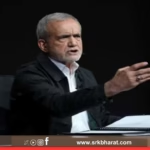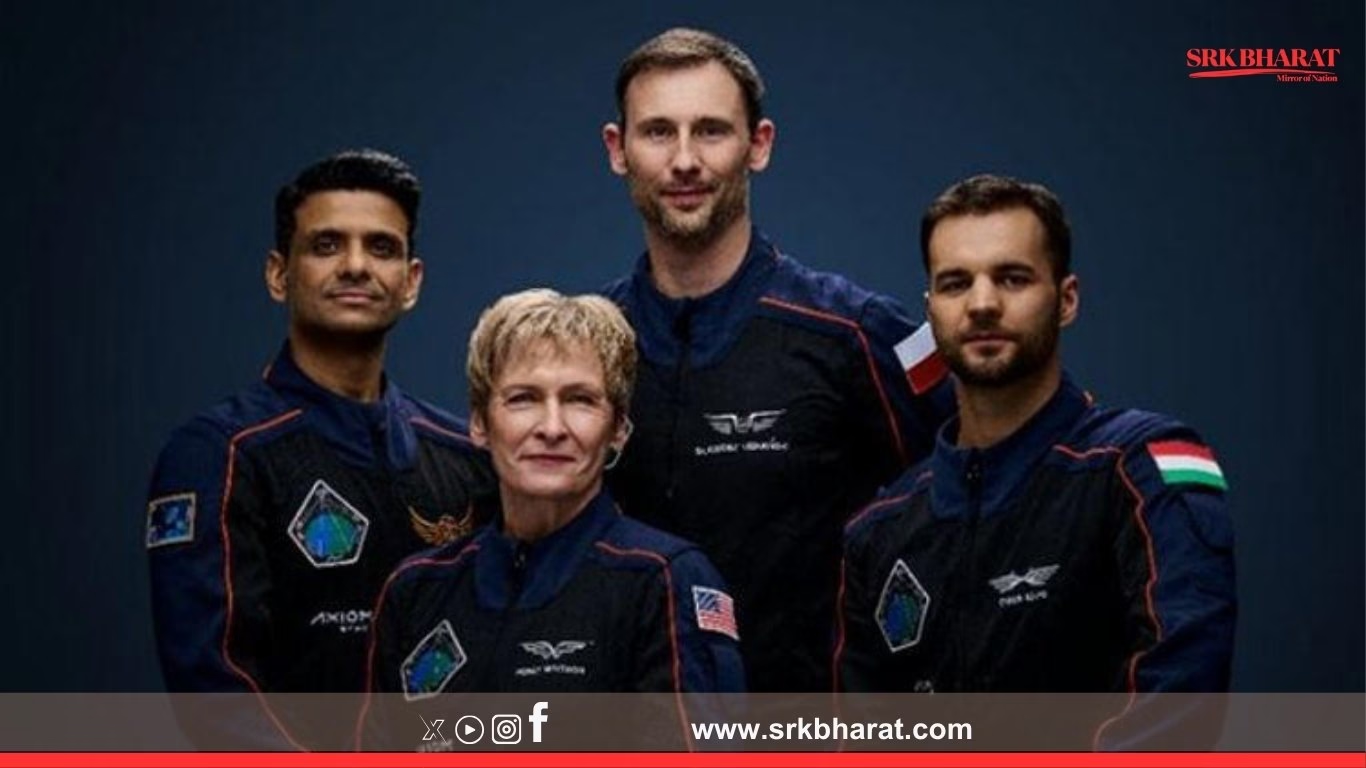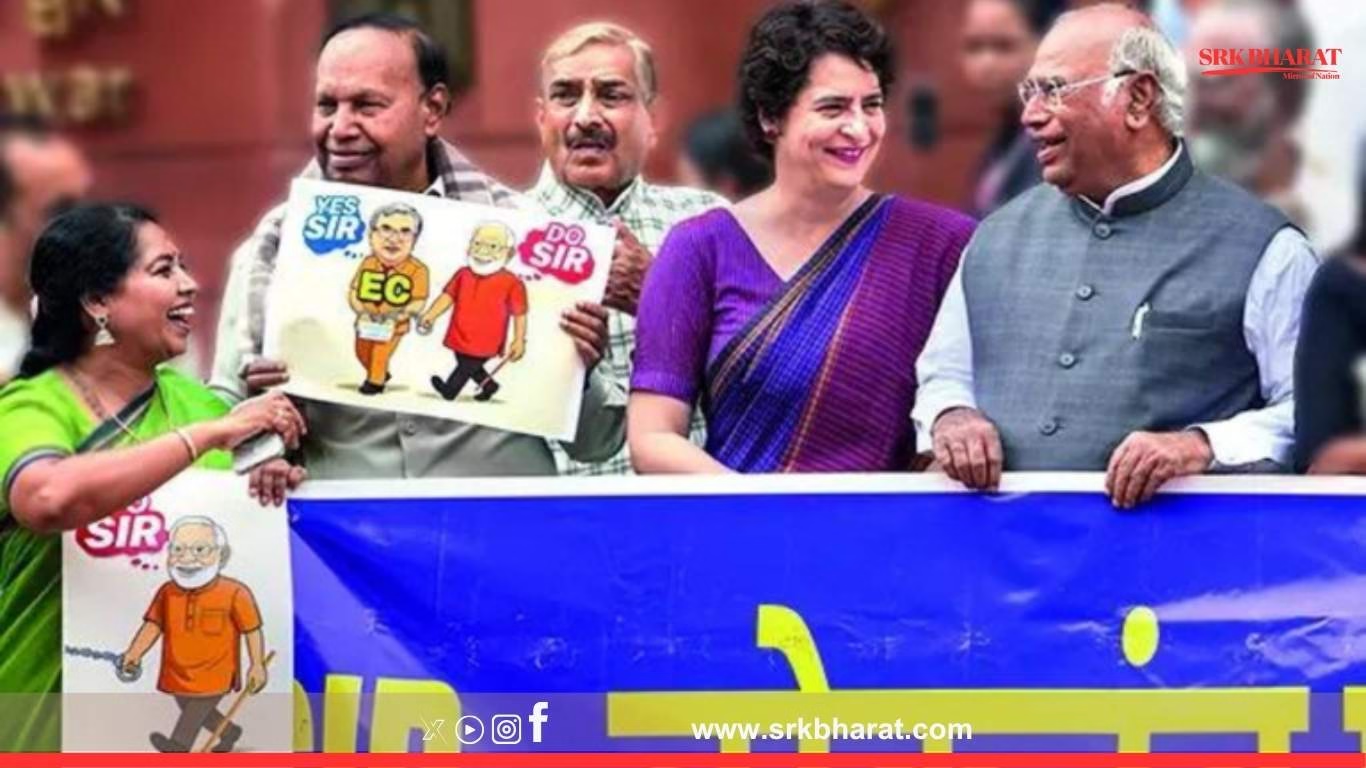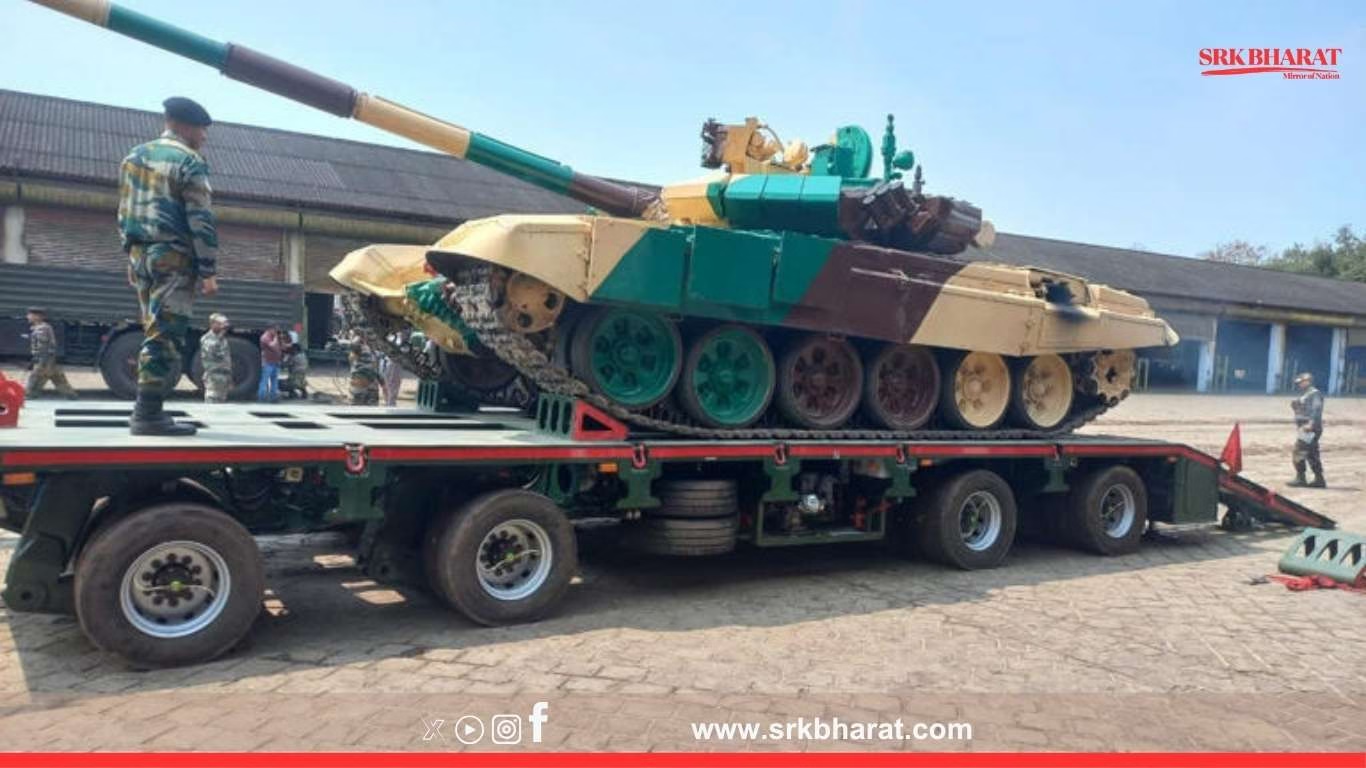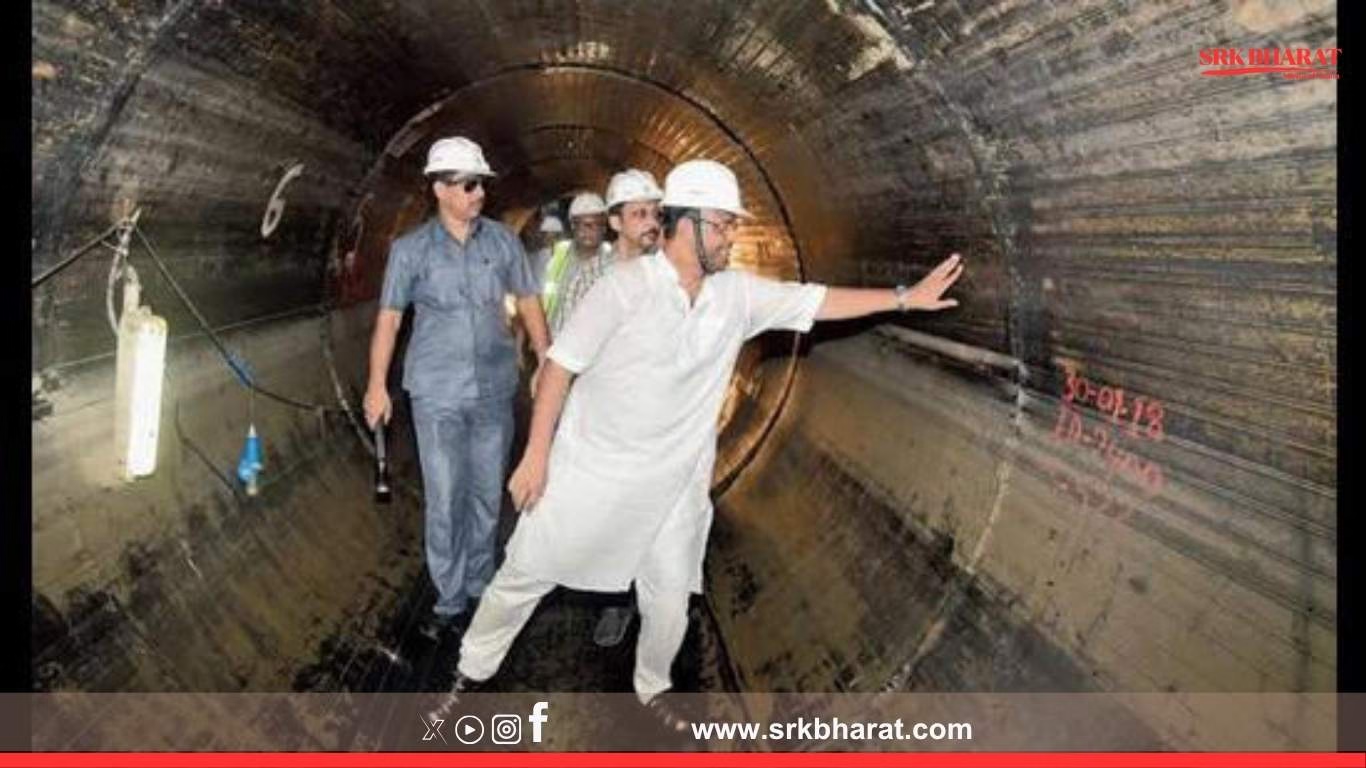In a landmark moment for India’s space ambitions, Wing Commander Shubhanshu Shukla of the Indian Air Force is set to return to Earth tomorrow after completing his historic mission aboard the International Space Station (ISS). Shukla, who was selected under the Indo-Russian Gaganyaan collaboration programme and trained extensively at Russia’s Gagarin Cosmonaut Training Centre, has now etched his name among global astronauts representing the expanding space capabilities of emerging economies.
Who Is Shubhanshu Shukla?
Wing Commander Shubhanshu Shukla, a decorated IAF test pilot, became the first Indian Air Force officer to undertake a prolonged ISS mission. Key facts about his profile include:
- Rank: Wing Commander
- Background: Fighter pilot with over 2,500 flying hours on Su-30 MKI, Mirage 2000, and Hawk
- Training: Completed astronaut training at Gagarin Cosmonaut Training Centre, Russia
- Selection: Among the top four shortlisted Gaganyaan candidates by ISRO in collaboration with Roscosmos
- Mission: Research experiments on microgravity effects, materials testing, and Earth observation from low Earth orbit.
Mission Highlights
During his month-long stay aboard the ISS, Shukla conducted multiple path-breaking experiments under Indo-Russian and Indo-NASA collaborative modules:
- Microgravity Experiments:
Tested the behaviour of Indian-manufactured alloys and polymer compounds for potential future use in Gaganyaan and satellite structures. - Biological Samples Analysis:
Studied cell growth patterns in microgravity, contributing to medical science and ISRO’s planned crewed lunar module life support systems. - Earth Observation Studies:
Captured ultra-high resolution images of the Indian subcontinent, the Himalayas, and the Indo-Pacific region to aid in climate data analysis and disaster preparedness. - Psychological Wellbeing Protocols:
Participated in cognitive and psychological assessments to help design astronaut mental health protocols for ISRO’s upcoming multi-week crewed missions.
Importance For India’s Space Programme
Shukla’s mission is being described by ISRO and the IAF as a crucial prelude to India’s first independent human spaceflight under the Gaganyaan project. His successful participation enhances:
- Astronaut Operational Readiness: Validating Indian astronauts’ adaptability to ISS modules and international crew protocols.
- Technical Integration: Testing Indian payloads and research apparatus compatibility with ISS systems.
- International Cooperation: Strengthening Indo-Russian and Indo-NASA ties in human spaceflight, paving the way for future joint lunar and Mars missions.
Timeline Of Shukla’s ISS Mission
| Date | Event |
|---|---|
| 3 June 2025 | Launched aboard Soyuz MS-26 from Baikonur Cosmodrome |
| 5 June 2025 | Docked with ISS and began crew integration |
| 7-15 June 2025 | Conducted microgravity material science experiments |
| 16-25 June 2025 | Completed biological and cognitive wellbeing modules |
| 26 June – 10 July 2025 | Earth observation, climate analysis, and collaborative outreach sessions with Indian students |
| 12 July 2025 | Scheduled undocking and return journey aboard Soyuz capsule |
Global Recognition
NASA, Roscosmos, and ESA astronauts praised Shukla’s professionalism and quick adaptability. ISS Expedition Commander Sergei Petrov stated:
“Wing Commander Shukla brought with him not just technical expertise but also warmth and curiosity, reflecting India’s spirit of scientific advancement.”
Family And National Pride
Shukla’s family, residing in Lucknow, expressed pride and relief at his safe and successful tenure. His father, a retired Army officer, told media:
“He has always dreamt big. Today he has made the entire nation proud. We await his safe return and hope this inspires millions of youth.”
Public Engagements During The Mission
In a special outreach event organised by ISRO and the Ministry of Education, Shukla addressed over 1 million Indian students via virtual session from the ISS. He shared insights about:
- The discipline required for astronaut training
- Challenges of microgravity living
- Importance of STEM education and pursuing ambitious dreams.
Impact On India’s Gaganyaan Mission
India’s first crewed Gaganyaan flight, scheduled for 2026, will significantly benefit from the data and insights collected by Shukla. ISRO engineers have confirmed that:
- His feedback on spacesuit comfort, life support systems, and in-orbit manoeuvring will refine Gaganyaan module design.
- Observations on cognitive adaptability will inform mission duration and crew rotation plans.
- Biological samples and microgravity material science experiments will shape future Indian experiments on crewed missions.
Statements From National Leaders
Prime Minister Narendra Modi, in his address at a defence conference today, said:
“Wing Commander Shubhanshu Shukla represents India’s leap into a new era of scientific pride and strategic capability. His achievements will inspire our space scientists, youth, and every citizen.”
Defence Minister Rajnath Singh tweeted:
“Congratulations to IAF’s Shubhanshu Shukla on his historic mission. The nation eagerly awaits your return.”
Upcoming Plans
Post-return, Shukla is expected to undergo:
- Medical evaluation and debriefings at Star City, Russia and ISRO’s Human Space Flight Centre in Bengaluru.
- National felicitation ceremony in Delhi.
- Role as Gaganyaan crew trainer, integrating his ISS experience into the Indian astronaut training curriculum.
Public Reactions
On social media, hashtags like #WelcomeBackShukla, #IndiaInSpace, and #GaganyaanHero have been trending. Citizens and celebrities alike have hailed his mission as a milestone in India’s transformation from a satellite launch powerhouse to a full-fledged human spaceflight nation.
Conclusion
As India prepares to welcome Wing Commander Shubhanshu Shukla back home tomorrow, his journey remains an embodiment of determination, national pride, and scientific excellence. His achievements not only strengthen India’s space programme but also plant seeds of inspiration among millions of young Indians dreaming of reaching for the stars.
Disclaimer: This article is based on official mission updates, public statements, and media briefings. Readers are advised to refer to ISRO’s final post-landing report for technical confirmations, health updates, and detailed mission outcomes.



